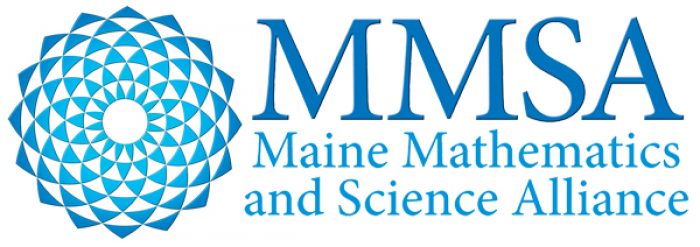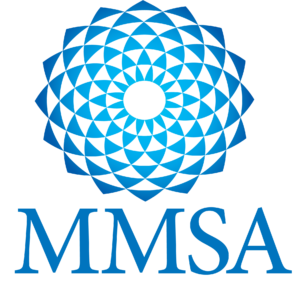Misconceptions About Computer Science
Misconception #1: CS is all about coding
Computer Science is a broad field composed of numerous disciplines: Cybersecurity, Data Science, Information Systems, Computational Thinking, Hardware, Machine Learning, and many more. There are several careers in CS that require little to no coding experience.
Computer Science careers that require minimum coding experience:
- Data Storage Specialist
- Technical Writer
- Hardware
- UX (user experience) Designer
- UI (user interface) Designer
- Search Engine Optimization Specialist
- Data Analyst
- Project Manager
Misconception #2: CS is too difficult for young students
Computer Science in elementary school is about fostering creative and analytical thinking skills. Many computer science principles and practices can be learned without the use of a computer! Elementary school activities that can promote Computational Thinking include:
- Singing
- Dancing
- Playing Games
- Giving and Following Directions
- Identify computer components
- Collecting and presenting data
- Giving attribution
- Working respectfully and responsibly online
Misconception #3 CS is difficult to integrate into core content areas
Chances are, teachers are already incorporating computer science principles and practices into their classroom lessons, particularly Computational Thinking. With a little training in CS, educators can make those practices more deliberate and focussed resulting in greater benefits for students across disciplines.
Elements of Computer Science found in the typical classroom:
- Computational Thinking (Problem Solving)
- Collaboration
- Communication
- Recognition of Community, Global, and Ethical Impacts of Learning and Decision Making (including Computing)
Contact Us | Programs | Professional Learning | Privacy Policy
Copyright © 1992 — 2020 Maine Mathematics and Science Alliance • All rights reserved
207.626.3230
219 Capitol Street, Suite 3 Augusta, Maine 04330


